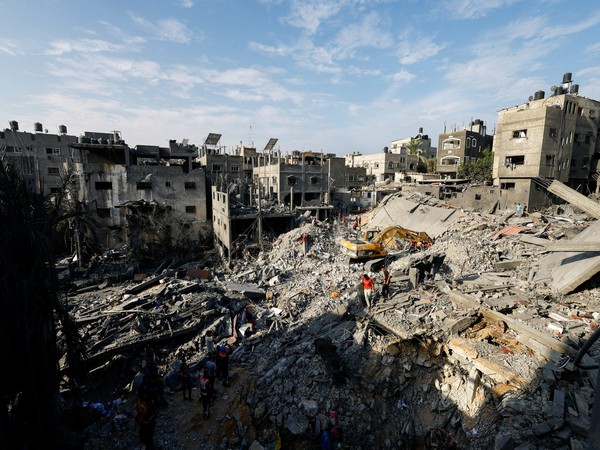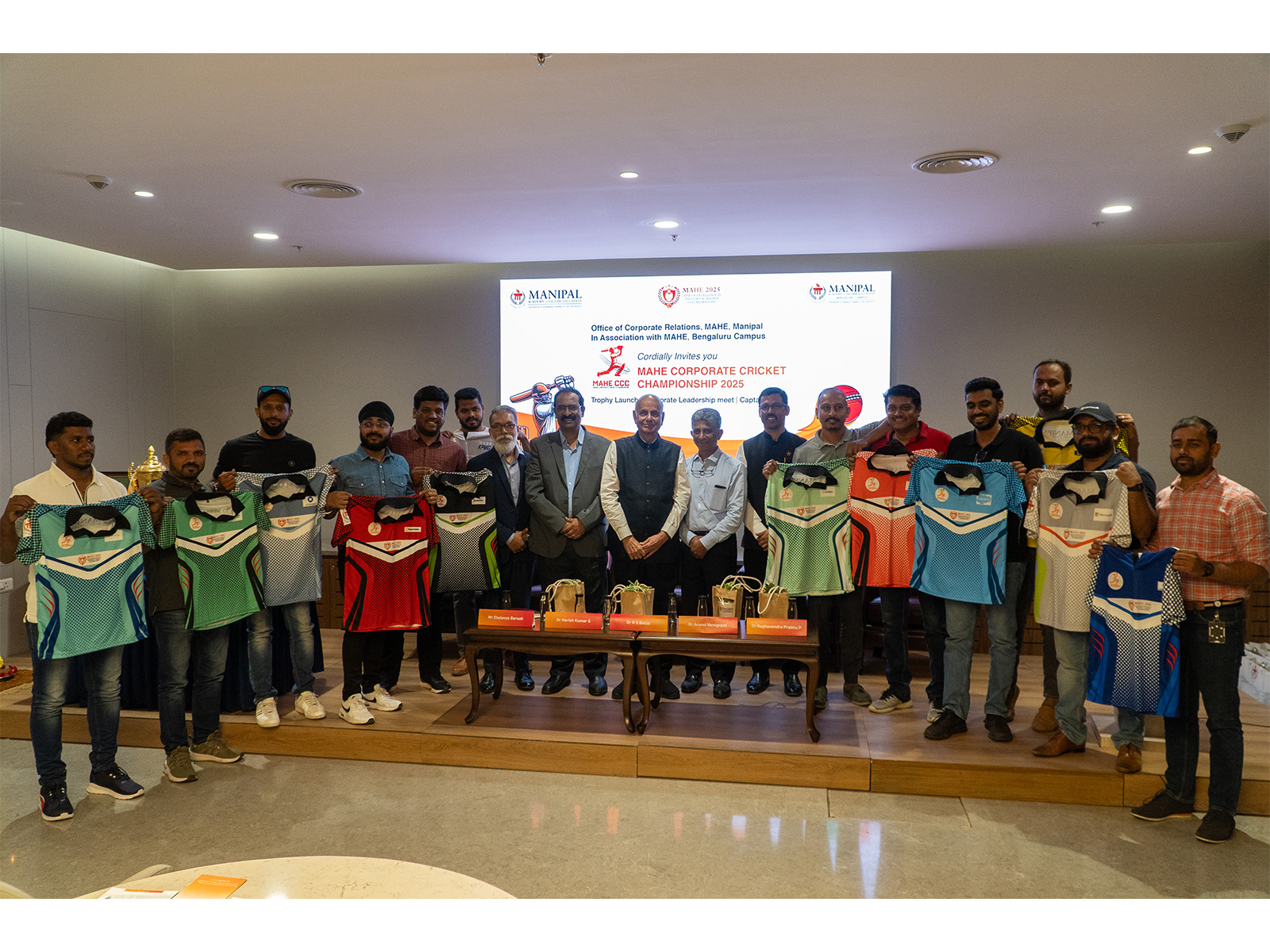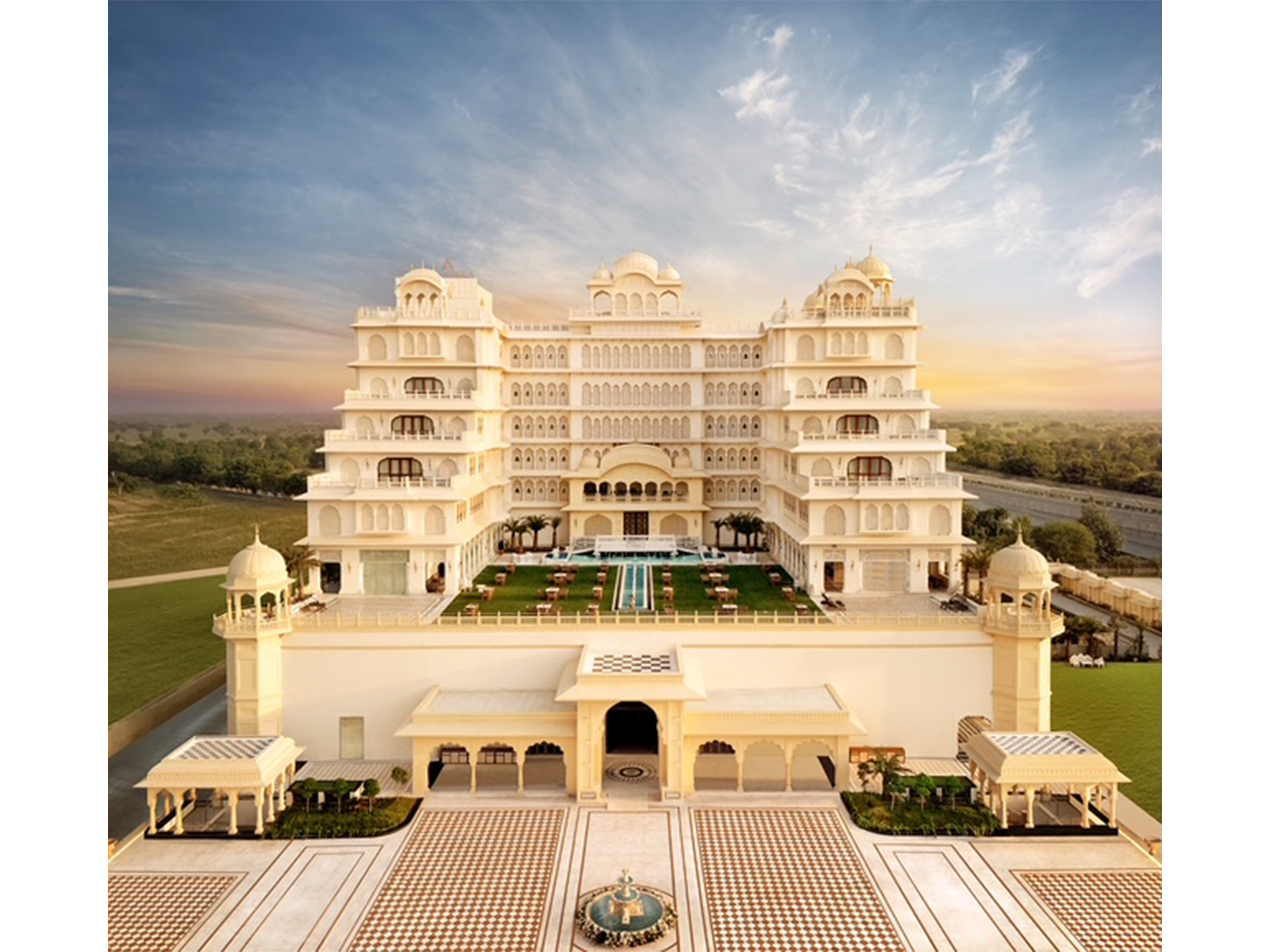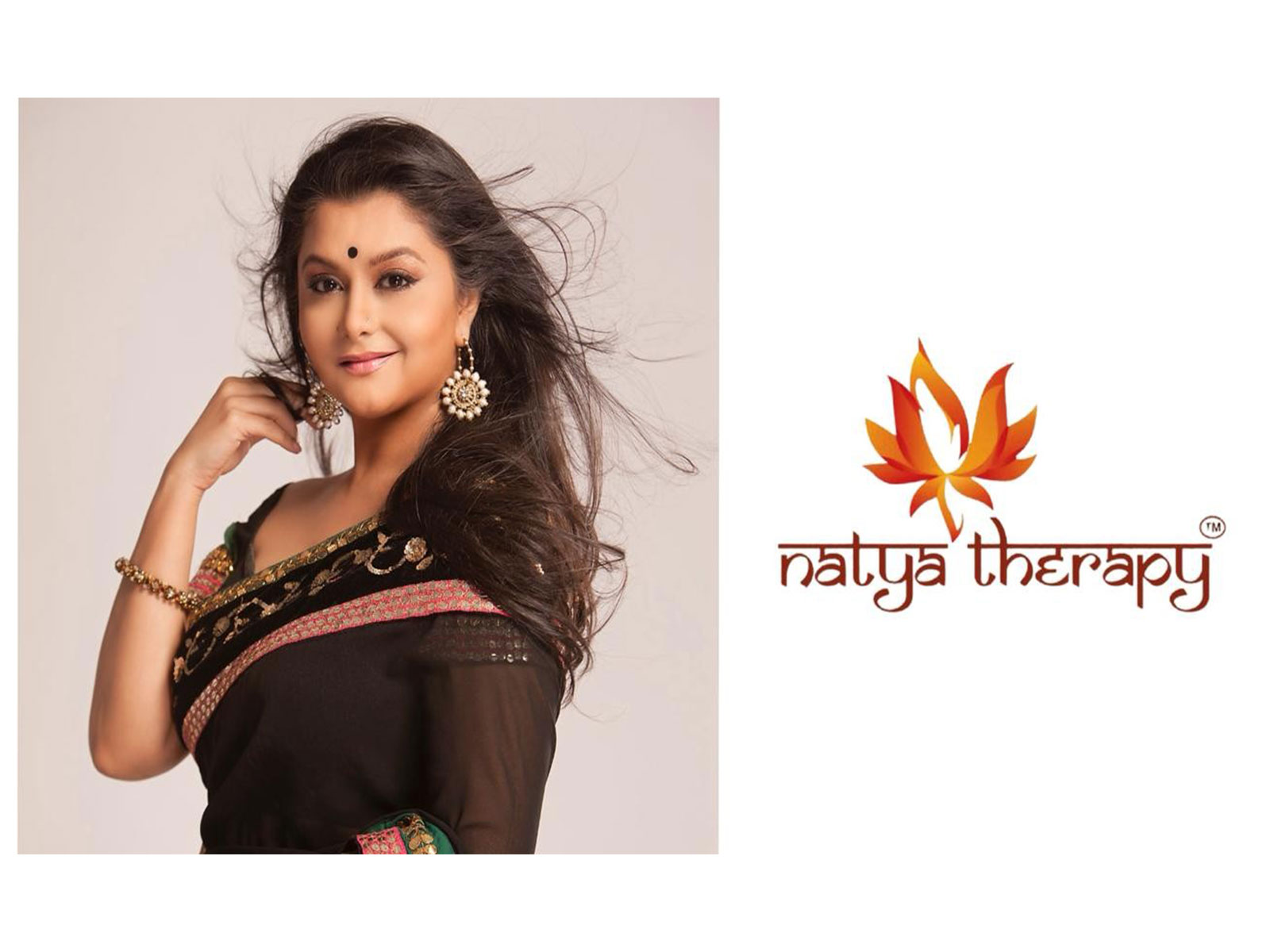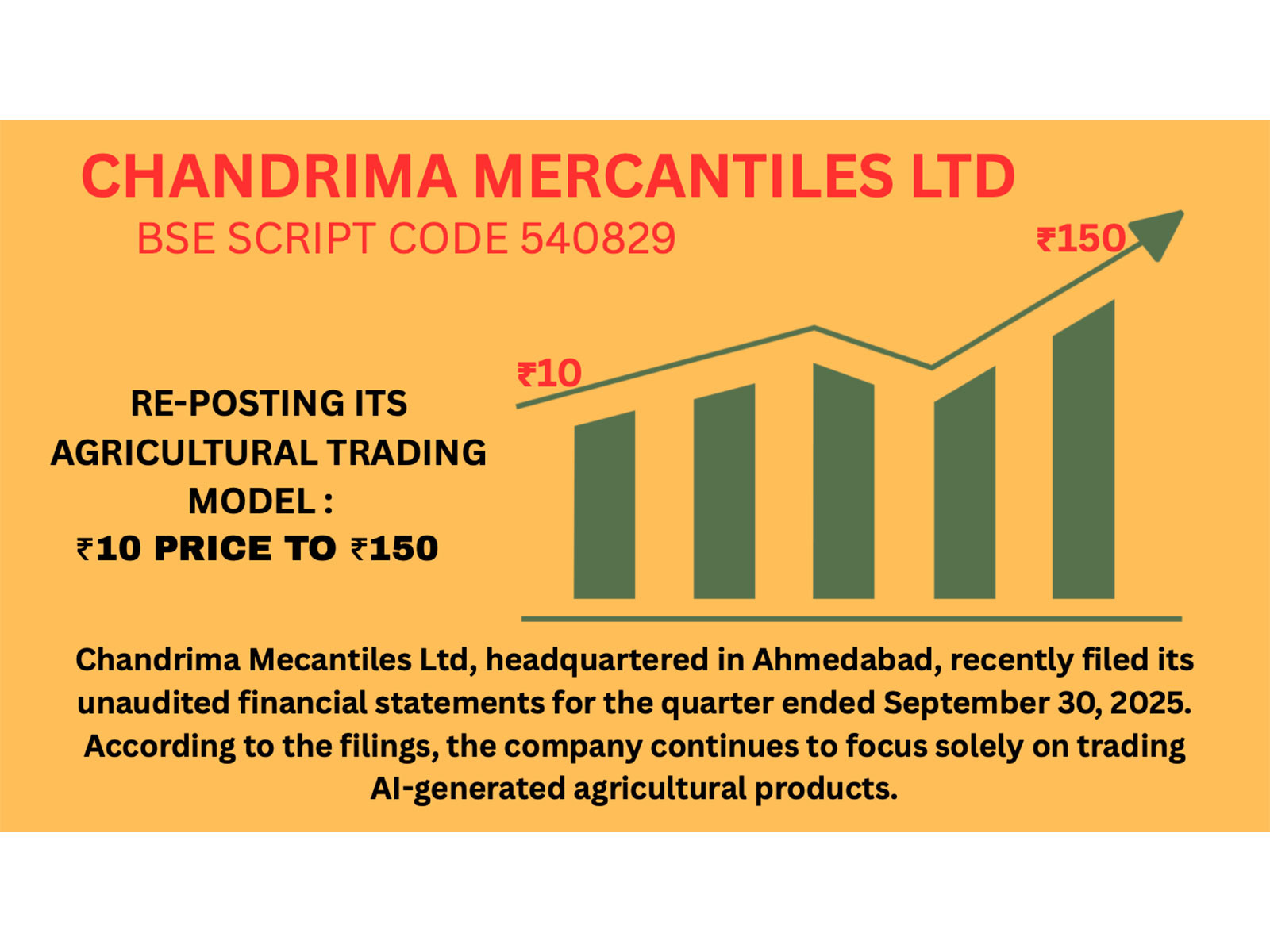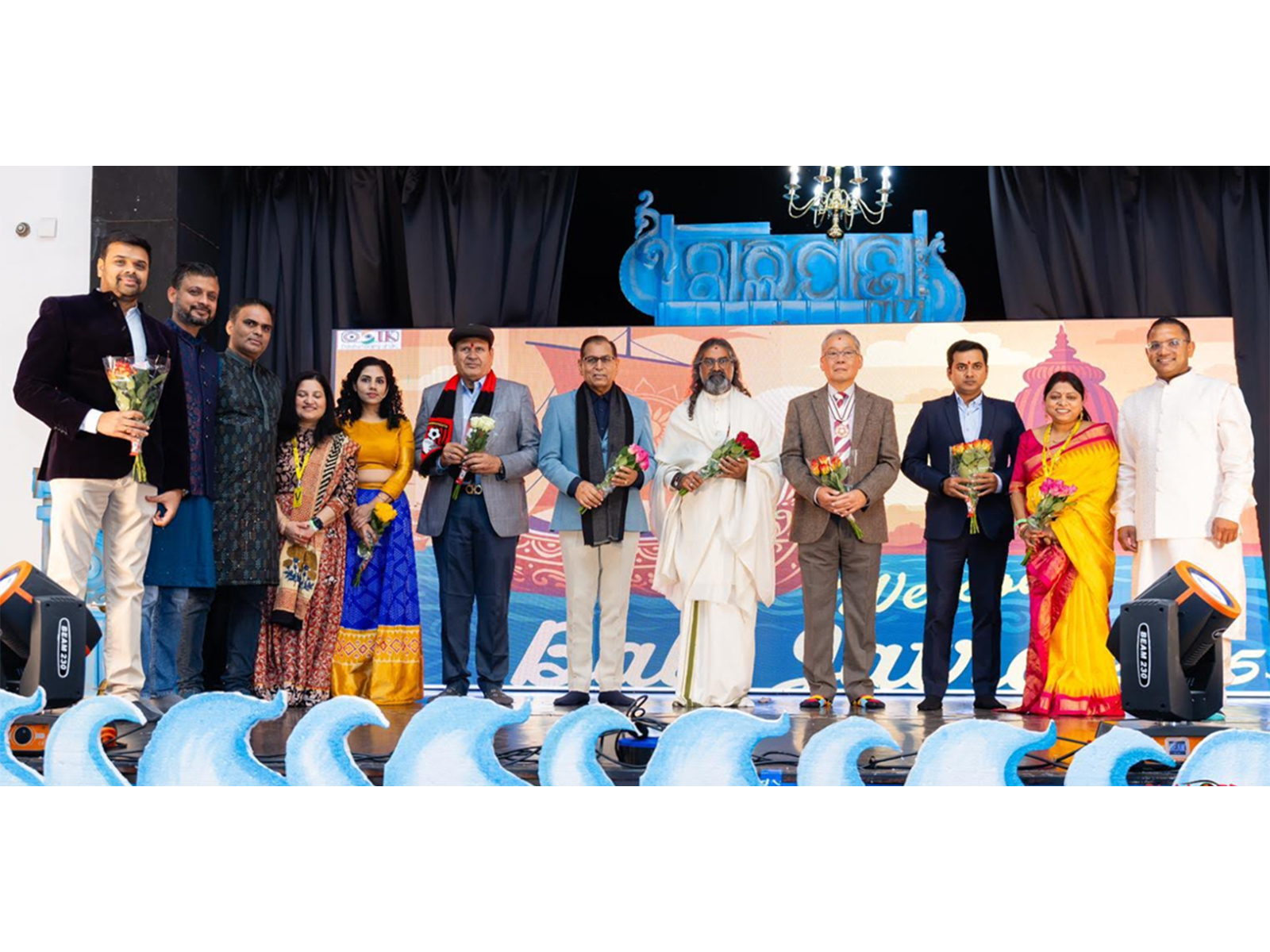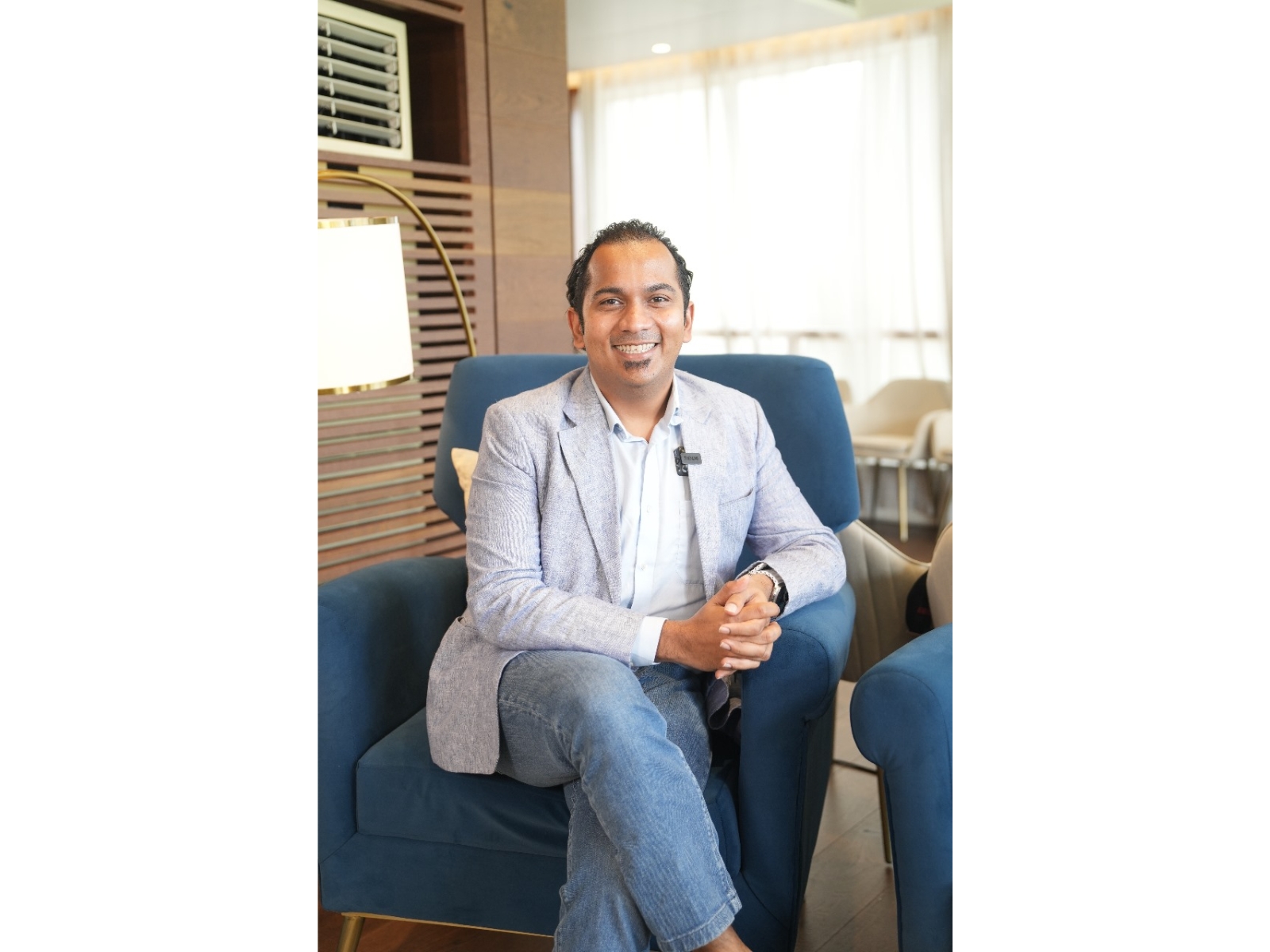'Ukraine, Middle East conflicts are depleting US arsenal'
Nov 20, 2024
New York [US], November 20: "With some of the Patriot (air defense systems) deployed, some of the air-to-air missiles deployed, that's depleting the stockpile and to say otherwise would be disingenuous," Admiral Samuel Paparo, commander of the US Indo-Pacific Command (INDOPACOM), said at an event on November 19, according to Reuters.
Mr. Paparo said that US spending on air defense "compromises the military's readiness" to respond in the Asia-Pacific, especially when China is the most capable adversary in the world.
Admiral Paparo's admission could draw the attention of members of President-elect Donald Trump's incoming administration, who are skeptical of the war in Ukraine and believe incumbent President Joe Biden is unprepared for a potential conflict with China.
The Biden administration has steadily equipped Ukraine and Israel with advanced US air defense systems, and the US Navy has directly defended ships in the Red Sea against missile and drone attacks from Houthi forces in Yemen.
As for Ukraine, Mr. Biden has provided the country with a range of defensive weapons, including Patriot missile defense systems and the National Advanced Surface-to-Air Missile System (NASAMS).
Last month, the US deployed a Terminal High Altitude Area Defense (THAAD) missile defense system and about 100 troops to operate it to Israel. THAAD is a key part of the US military's multi-layered air defense system.
During his first term, Mr. Trump focused on the Indo-Pacific region, and observers say this trend will continue in the upcoming term. At the same time, the president-elect is expected to reduce aid to Ukraine and urge European allies to play a larger role.
Source: Thanh Nien Newspaper
